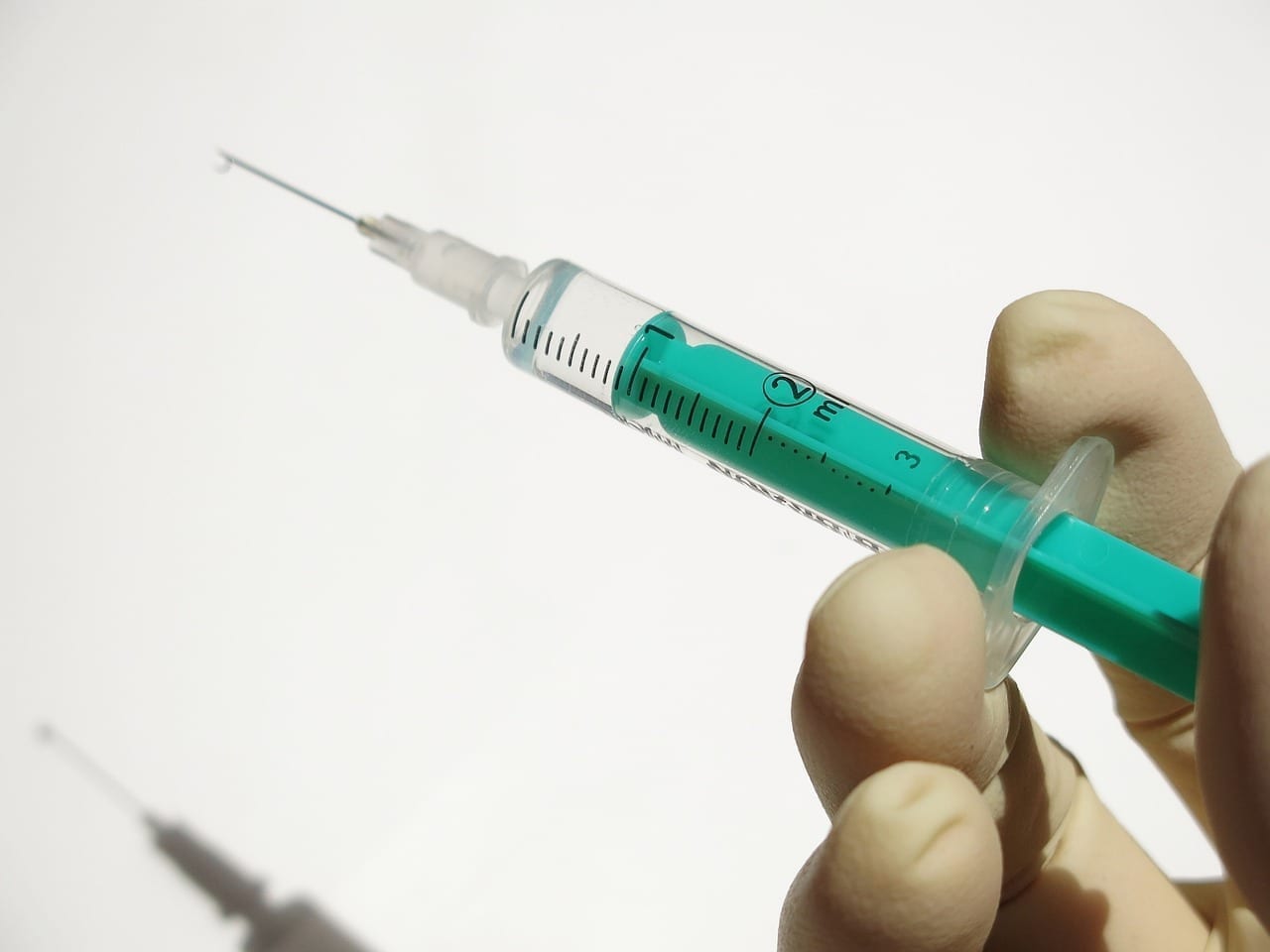In a written opinion, the judge said that it appeared a Washington County jail physician had experimented upon inmates without their knowledge or consent.
A federal judge has refused to dismiss a lawsuit alleging that inmates in an Arkansas jail were given ivermectin, an anti-parasitic drug used to deworm horses, for coronavirus treatment.
According to The Associated Press, the lawsuit claims that inmates at the Washington County Jail in Fayetteville were given ivermectin as early as November 2020.
However, the detainees were not informed that they were receiving an ineffective coronavirus treatment until at least July of the following year.
Ivermectin, notes The Associated Press, is approved by the federal Food and Drug Administration to treat parasitic infections including intestinal worm and head lice—but it was not, at the time, approved to mitigate novel coronavirus or its symptoms.
In a Thursday ruling, U.S. District Judge Timothy L. Brooks declined a motion to see the lawsuit dismissed, opining that prison officials had effectively used inmates for experimentation.
The plaintiffs in the case, adds The A.P., include Edrick Floreal-Wooten, Jeremiah Little, Julio Gonzales, Thomas Fritch, and Dayman Blackburn.
The case was filed on behalf of the current and former detainees by the American Civil Liberties Union, which seeks damages from jail physician Robert Karas, Karas Correctional Health, former Washington County Sheriff Tim Helder, and the Washington County Detention Center.
In a non-binding written opinion, Brooks speculated that Karas seems to have been conducting his own research—and began administering ivermectin to patients after hypothesizing that it could treat novel coronavirus or mitigate related symptoms.
Karas, accordingly, prescribed ivermectin to at least two groups of two subjects: the first composed of private persons who approached Karas at his private medical clinic as part of an experimental trial, and the second comprised of detainees at the detention center.
“The inmates received Dr. Karas’ treatment protocol for COVID-19, but did not know it included Ivermectin,” Brooks wrote in his opinion. “Dr. Karas and his staff falsely told the inmates the treatment consisted of mere ‘vitamins,’ ‘antibiotics,’ and/or ‘steroids.’ Critically, the inmates had no idea they were part of Dr. Karas’ experiment.”
Since the inmates were never told that they were receiving ivermectin, they were not warned of its potential side-effects—which include nausea, rash, and vomiting.
Brooks observed that Karas appears to have prescribed inmates larger-than-approved doses of ivermectin, believing that it higher concentrations of the medication would be more likely to suppress COVID-19.
“At first reading, it would seem highly unlikely — even implausible — that a doctor would have dosed his incarcerated patients with an experimental drug more aggressively than his private patients, but plaintiffs point to proof in their jail medical records,” Brooks wrote in his opinion.
In his ruling, Brooks said that Karas is not entitled to immunity and may be liable for any damages resulting from the inmates’ claim.


Join the conversation!